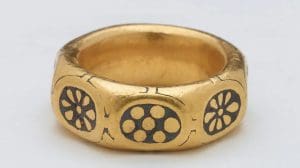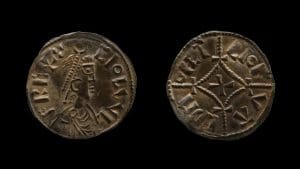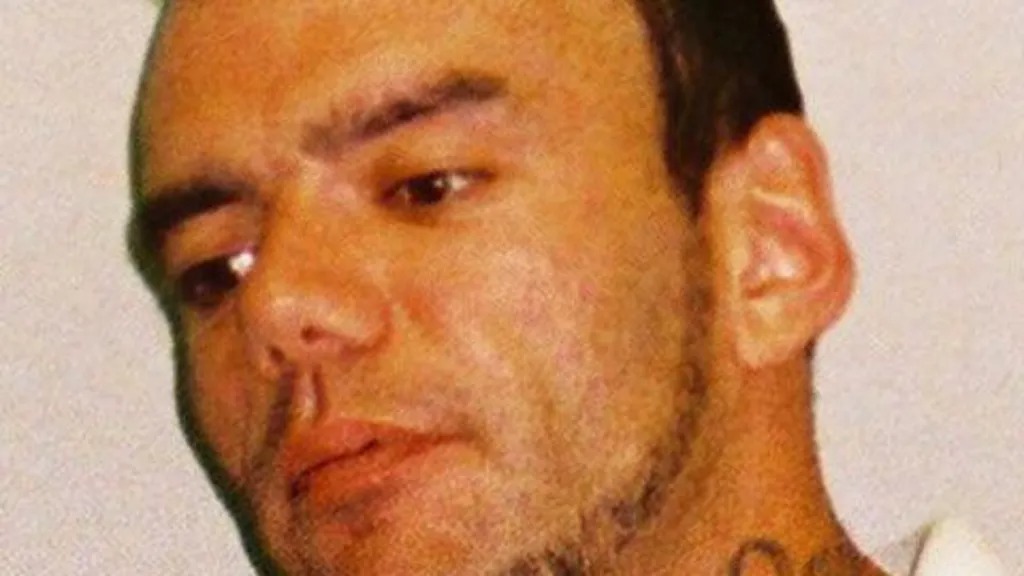

A warrant has been issued for the arrest of George Powell, the metal detectorist found guilty of stealing a Viking hoard worth £3 million. Powell, from Newport, failed to attend Birmingham Magistrates Court on January 8, 2025, where he was set to be sentenced for not repaying £600,000, which a judge had ruled was his share of the stolen coins and jewellery.
Powell and his fellow detectorist, Layton Davies, from Pontypridd, uncovered the hoard in 2015 in a field near Leominster, Herefordshire. The treasure, which included 300 coins and valuable gold jewellery, was believed to be Anglo-Saxon and hidden by the Vikings. Instead of reporting the discovery as required by law, they sold the items to dealers, leading to their arrest.
In 2019, both men were convicted of theft, conspiring to conceal criminal property, and converting stolen goods. Powell received a 10-year sentence, later reduced to six and a half years on appeal, while Davies was initially sentenced to eight and a half years, reduced to five years on appeal.
At the time of the trial, only 31 of the 300 coins had been recovered. These coins helped historians uncover new insights into the rulers of England, including a rare double-headed coin depicting Alfred the Great and Ceolwulf II of Mercia, revealing a previously unknown alliance between the two kings.
The hoard also contained a 9th-century gold ring, a crystal pendant, a dragon’s head bracelet, and an ingot. The judge described the theft as an act of “stealing the nation’s history.”
In 2022, Powell and Davies were ordered to repay £600,000 each or face further imprisonment. Powell’s attempts to appeal the order were rejected, and he failed to appear in court for his sentencing in January, prompting the arrest warrant.
The stolen treasure has been partially recovered, with Hereford Museum purchasing jewellery, an ingot, and 29 coins for £776,250. The museum is currently undergoing a £22 million refurbishment, with plans to display the recovered items in a dedicated exhibit.
Meanwhile, in May 2023, two additional men, Craig Best and Roger Pilling, were jailed for attempting to sell 44 rare Anglo-Saxon coins thought to be part of the same hoard. The remaining items from the hoard are still missing.

